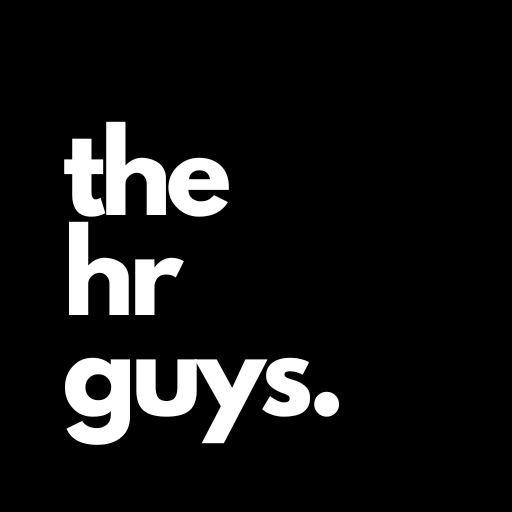The Role of Recruiters in Fostering Diversity: Creating Fair and Representative Candidate Shortlists
The evolving landscape of the workplace highlights the critical importance of fostering diversity. Organisations that embrace inclusive hiring practices not only create a richer workplace culture but also enhance their overall effectiveness. This blog post examines how external recruitment firms can assist businesses in developing well-rounded and diverse candidate shortlists while showcasing the significant benefits of such initiatives.
Understanding the Importance of Diverse Candidate Shortlists
Diversity in recruitment is not just a buzzword; it has tangible benefits for businesses. Research has shown that diverse teams are more creative, innovative, and better at problem-solving. They bring different perspectives that can lead to enhanced decision-making and a broader understanding of diverse customers and stakeholders.
Moreover, there are legal and ethical considerations to bear in mind. Companies have a responsibility to comply with equal opportunity legislation and to create an inclusive work environment. Fostering diversity is not just the right thing to do; it is also essential for attracting and retaining top talent.
How Recruiters Can Foster Diversity
One of the primary roles of external recruiters is to create the best possible shortlist for the assignment they are working on. This begins with crafting inclusive job descriptions. Recruiters should use unbiased language that appeals to a diverse audience. Avoiding jargon and focusing on essential skills can make a job advert more inclusive.
Recruiters also have the ability to expand sourcing channels. By identifying and leveraging diverse talent pools—such as community groups, professional networks, and job boards that cater to underrepresented groups—recruiters can ensure a more varied candidate pool. Additionally, employing social media strategically can help reach candidates who may not be actively seeking new roles.
Another effective strategy is implementing blind recruitment techniques. By removing identifying information from applications, companies can reduce bias in the early stages of the hiring process. Various tools and software are available to support blind recruitment, allowing recruiters to focus on skills and competencies without being influenced by a candidate’s background.
Strategies for Creating Fair and Representative Candidate Shortlists
Creating a fair and representative shortlist goes beyond sourcing diverse candidates. Comprehensive candidate assessments are crucial. Recruiters should emphasise skills and competencies over traditional markers, such as educational background or years of experience. Implementing structured interviews and standardised assessment criteria can lead to more equitable evaluations.
Diverse interview panels also play a significant role in minimising bias. Having a varied group of interviewers can provide different perspectives and reduce the likelihood of unconscious bias influencing decisions. Training for interviewers on recognising and mitigating unconscious bias is essential for fostering an inclusive hiring process.
Continuous monitoring and feedback are vital components of an effective diversity strategy. Tracking diversity metrics throughout the recruitment process allows organisations to identify gaps and areas for improvement. Additionally, gathering feedback from candidates can provide insights into the effectiveness of the hiring process and highlight opportunities for further enhancement.
The Benefits of Diverse Candidate Shortlists
The advantages of creating diverse candidate shortlists extend beyond mere compliance. Numerous studies have linked diversity to increased company performance. Diverse teams have been shown to outperform their homogenous counterparts, leading to better financial outcomes and improved innovation.
Furthermore, fostering diversity enhances an organisation’s employer brand. Companies that demonstrate a commitment to inclusivity are more likely to attract top talent, as candidates increasingly seek employers that reflect their values.
Additionally, a diverse and inclusive workplace can lead to greater employee satisfaction and retention. When employees feel valued and included, they are more likely to be engaged and loyal to the organisation, reducing turnover and fostering a positive work environment.
Conclusion
In summary, external recruiters play a pivotal role in fostering diversity by creating fair and representative candidate shortlists. By adopting strategies that ensure their process is fair and inclusive, recruiters can help businesses build diverse teams that drive success.
As organisations seek to enhance their diversity efforts, partnering with external recruitment companies that prioritise inclusivity is a crucial step. Embracing diversity not only benefits individual businesses but also contributes to a more equitable job market.
Thank you for visiting our HR Recruitment blog!
Check out our Available HR Candidates
Join us on LinkedIn
Follow us on Instagram

